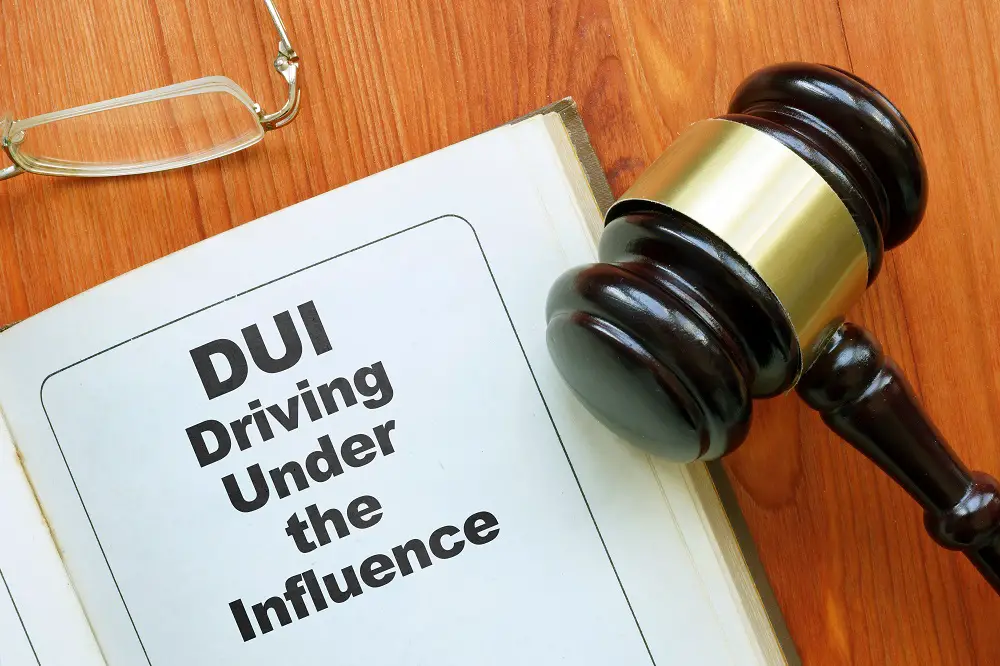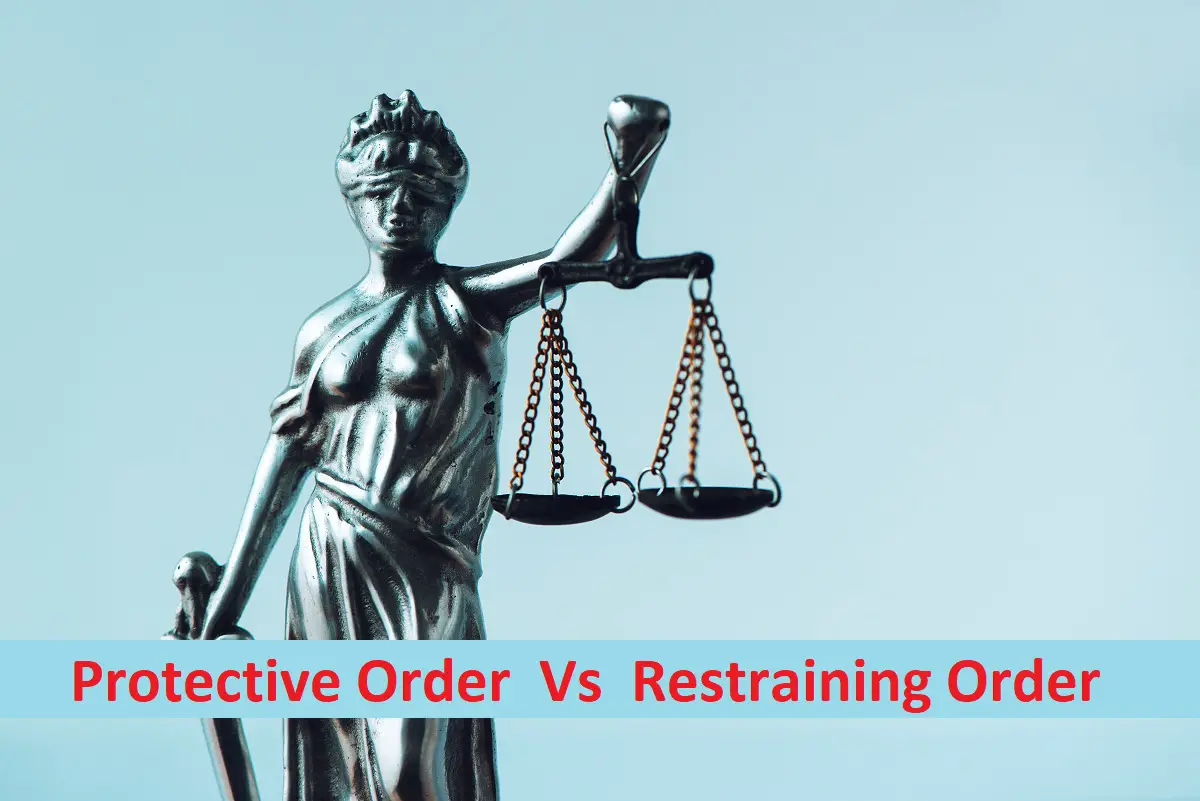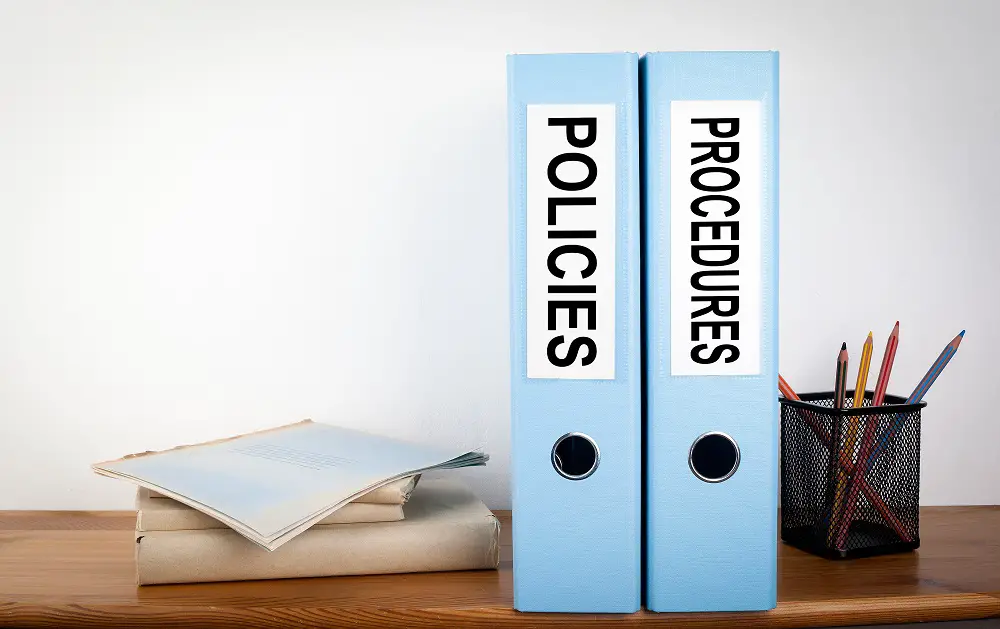Difference Between OWI and DUI
One of the cardinal rules associated with drinking alcohol is never to drive while drunk. And yet, across all of the United States, over a million people are arrested per year for driving while drunk. So it only makes sense that laws exist for the regulation of this crime.
Depending on which state you live in, you can either be charged with an OWI or DUI. Contrary to popular belief, however, they are not the same.
Understanding the difference between OWI and DUI is important in case you ever end up being charged (we sure hope not, though). It’ll help you to understand your charges better. So below, we’ve laid out the differences.
OWI Vs. DUI: An Overview

To know how these two terms are different, you should know what OWI and DUI actually mean.
What Is an OWI?
OWI is an acronym, and the full form is Operating While Intoxicated. An individual who is incapable of operating a vehicle due to being intoxicated by drugs or alcohol (or both) is charged with an OWI.
Learn The Differences Between Psychopath and Sociopath
What Is a DUI?
The acronym DUI means Driving Under the Influence, and it’s put in place to discourage driving under the influence of alcohol, drugs, or both. However, a DUI doesn’t cover all aspects of drunk driving; it depends on the state where the defendant is being charged.
Recommended for You:
- Difference Between Revoked and Suspended License
- Difference Between Restraining Order and Protective Order
- Difference Between Sheriff and Police
What’s the Difference Between OWI and DUI, then?
You’re probably more confused now than ever. However, it’s important to remember, once again, that the US state in question is the point at which it’s determined whether one will be charged with an OWI or DUI.
The charge and penalty are both dependent on the specific drunk driving laws of that particular state.
Let’s be clear: in both the case of an OWI and a DUI, a person who is inside a vehicle in a drug- or alcohol-impaired state is implicated. However, the charges are treated differently in court.
If the defendant is tested by the police at the scene and found to have a higher blood content than is allowed in a DUI charge, they will be charged with an OWI. However, although the severity of an OWI as a criminal charge is higher than a DUI, the defendant has the option to try and lower their OWI charge into a DUI.
Once again, it depends on the state you are in. For example, in Iowa, if you are found even sitting behind the wheel of a vehicle while its motor is running—without actually driving the vehicle—you could be charged with an OWI.
In California, if you are found to have a blood alcohol content of 0.08% or more, you’ll be charged with a DUI.
What Happens if You Receive an OWI or DUI Charge

In most cases, when one is faced with an impaired driving charge, they may face quite serious consequences indeed. No matter which US state you’re in, the following are the events you can expect to unfold.
It will begin with a field sobriety test, in which the officer will ask you to follow with your eyes the movement of an object manipulated by the officer. This gives them a chance to study your eyes and determine whether you are intoxicated. You might also be asked to walk a straight line or subjected to a breathalyzer test.
If you fail any of these tests (called “sobriety tests”), you will be arrested and thereafter, jailed. Afterward, it’s highly likely that you will be subjected to additional tests to confirm that you do, in fact, have intoxicants (drugs and/or alcohol) in your system.
After that, if your officer decides to file charges, a court date will be set for your trial.
If it’s your first time being charged with impaired driving, expect to serve jail time and pay a fine. Your driver’s license may be suspended. If you’ve been charged before, you may be ordered to install an ignition interlock device in order to be allowed to keep driving.
You might also end up having to pay higher insurance rates. In some states, the defendant might be ordered to enter into a rehabilitation program.
Final Words
As we have seen in our guide on the difference between OWI and DUI, the charge you are given depends mainly upon which state you’re found driving intoxicated in. Penalties may also vary accordingly.
Whether it’s a DUI or OWI you end up with, though, the consequences sure aren’t pretty. So don’t make drinking plans unless you have a designated driver or a safe ride home!






